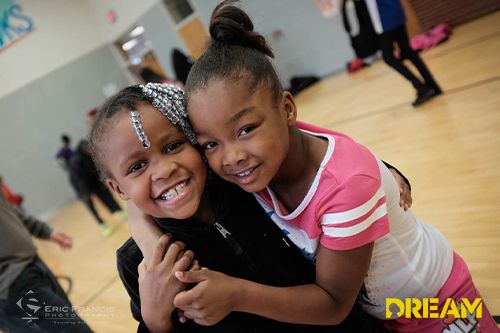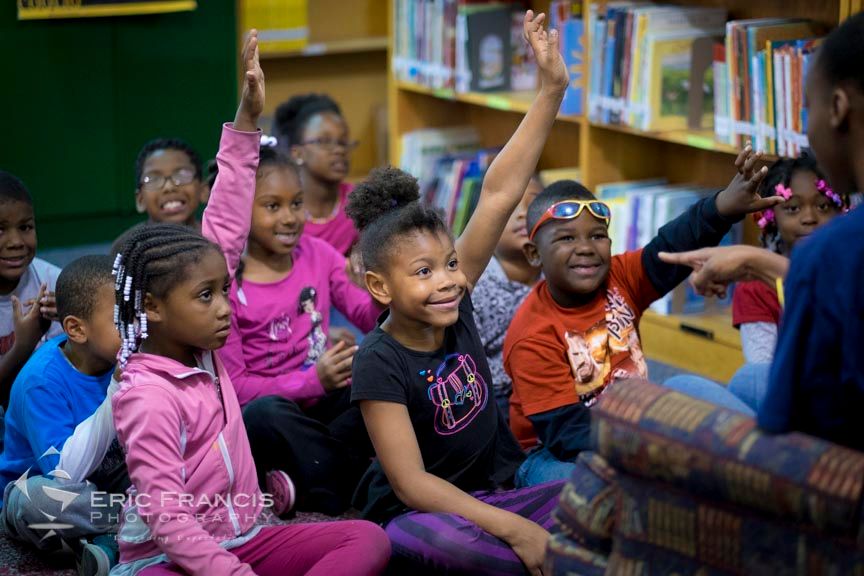
Ensuring that your child learns how to make friends may not be the first thing you think about when planning their individual education programs. For many parents, academic issues are at the forefront of their concerns, not teaching social skills.
But helping children build social skills and relationships can have a lasting influence on their overall success. Strong friendships are also important for their self-esteem and a sense of belonging. Here are some ways you can support them in this area.
Extra-curricular activities
Surprisingly, many children do not participate in extracurricular activities, and miss this important social skills teaching opportunity. Help your child discover their strengths and interests to help choose the right place for them to learn social skills.
Whatever your child enjoys, it’s likely there are opportunities to teach social skills in your community and for them to join in with others. For ideas on how to teach social skills, contact community resources such as your local library, YMCA, church youth group, 4-H club or other clubs scouting organizers, or community parks and recreation staff.
Organized activities
Your child will benefit from social skills inherently taught in social interactions outside of a school setting. With your encouragement, even reluctant or shy children can be taught social skills through interaction with others through organized activities.
Many relationships he or she builds will flow naturally back into the school environment. Just as importantly, non-disabled students will have the opportunity to see your child in successful roles outside of school and get to know him as a friend, rather than an acquaintance.
Building the friendship
Teach your child social skills needed to develop friendships in small, easy steps. Social skills may not come easily for them. Children with disabilities may feel intimidated by other kids, and they may find it too uncomfortable to try to reach out to them. Help your child work on these social skills by setting small goals.
Ask your child to smile and greet one new child each day. Just say, "Hi." This is often enough to reduce the pressure and begin some conversations that build toward relationships. Each night, have a friendly chat about his or her day and talk about how many people they spoke to.
It takes practice
Teach social skills by rehearsing social situations ahead of time. Role play meeting a new person with one another. Take turns being the greeter and "greetee." Teach your child the art of getting others to talk about themselves.
Help them see that by doing this, they can learn about their peers and find common interests. Kids can use friendly, polite questions like asking about pets, favorite subject at school and favorite movies & music to encourage kids to talk and break the ice. Focusing on others will also help your child feel less self-conscious. Help your child learn how to choose good friends to develop healthy relationships.
Sportsmanship
Teach your child social skills needed to make friends by helping them learn and practice games and activities at home that are also popular at school. Aside from being a good way to practice skills such as reading, counting and fitness, learning these games will help your child participate in them with other children. Your child will feel more confident and enjoy their interaction with others if they know the games and can play them with some skill.
DREAM, one of the Midwest’s well-known youth mentoring organizations, provides life-changing and life-enriching experiences to at-risk youth through mentoring and after-school programs in Omaha, Nebraska, and Springfield, Missouri. Their proven approach puts children in a comfortable setting where they’re encouraged to discuss openly, learn, and grow as individuals. Are you interested in getting involved with DREAM? Contact us today.


